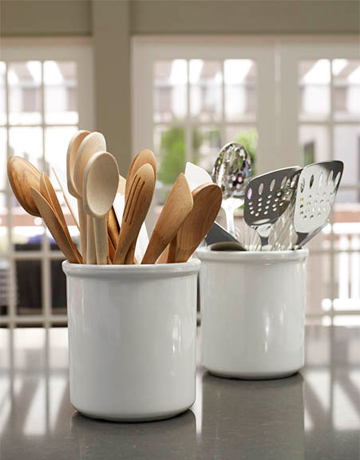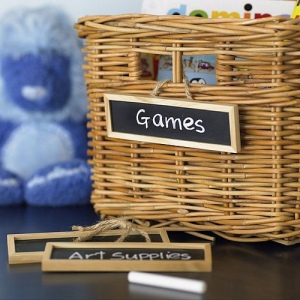
So many of us view January as an opportunity for a fresh start. We set goals, get re-focused, all determined to do this year what we just couldn’t do last year.
But before you jump right in, trying to make all these big changes, I recommend taking the time to answer some key questions about your life. You see, sometimes we are too ambitious and try to initiate some really major changes in our lives so we can see some really major results. Sorry to say though, that rarely ever works, at least not long-term. Changing old habits is HARD which is why so few people follow through on their New Year’s Resolutions. It’s a good idea to get very clear on why we need to make these positive life changes and then start with baby steps that take us in the right direction. It may take a little longer but you will have a much better chance of reaching and maintaining your goals:
What are the 3 biggest changes you would like to make in your life over the next year?
Why are these important to you? To your family? To your career?
Describe in detail what the ideal you looks like, lives like and acts like.
What one thing has to happen for you to feel happy with your progress?
On a scale from 1-10 with 1 being the lowest and 10 being the highest, how committed are you to reaching your goals? (Anything less than a 7 means you are not ready to commit!)
What potential obstacles do you see that could hinder your success?
How will you handle these obstacle going forward so they do not stop your progress?
Try to focus on no more than 3 goals at a time then ask yourself, “What is ONE SMALL step I could take today that would help me start moving towards my goals?” Then ask yourself that same question again tomorrow. And the next day. And the next day. Then keep going until the day you can celebrate your success. You may fail here and there but so what? Just get back on track the next day and try again. Success is not measured by how many times we fall down, but by how many times we get back up. Wishing you success and happiness in 2017!








